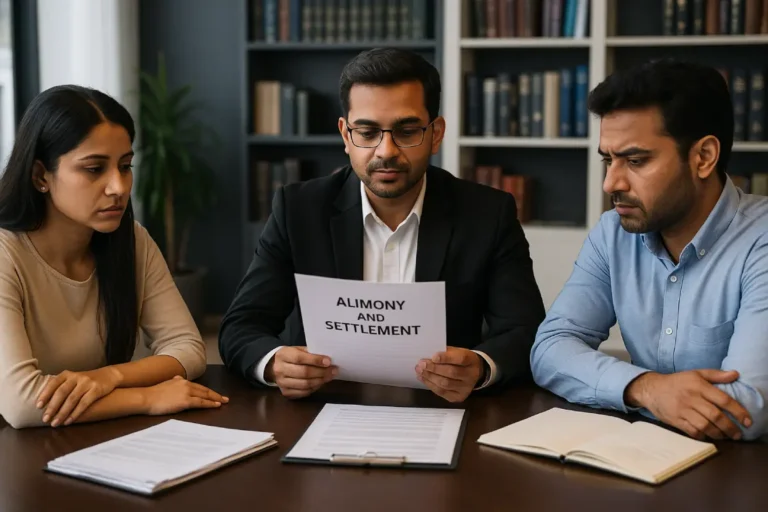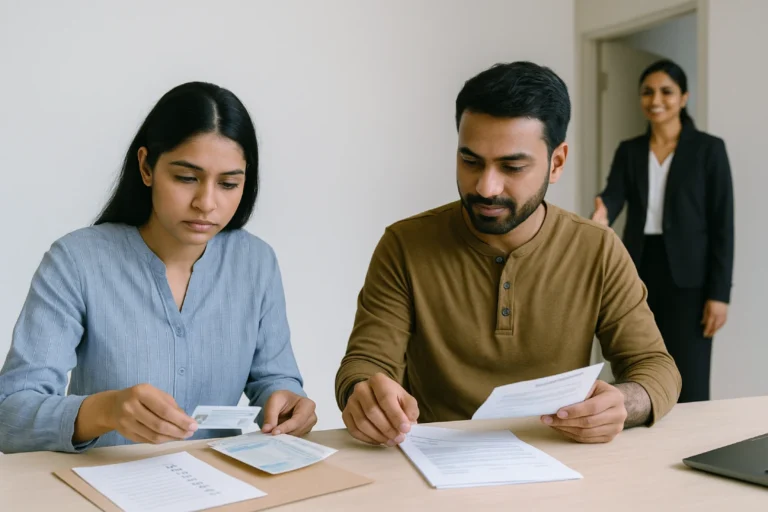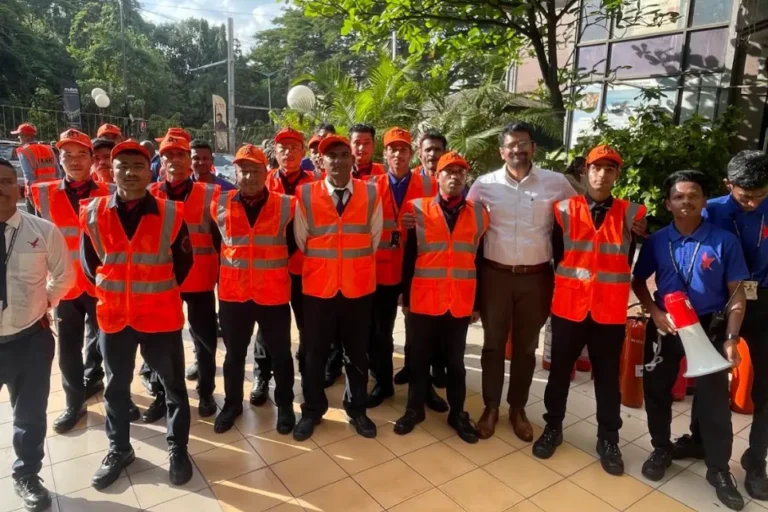Rights When Arrested in India: Legal Safeguards Explained
Rights When Arrested In India are fundamental to preserving personal liberty and dignity when an individual faces police custody. We explain how these protections operate under constitutional and statutory law to shield you from unlawful detention and mistreatment. This guide covers essential arrest procedures, custody safeguards, and judicial remedies to help you assert your rights effectively.
Understanding Lawful Arrest
Before any deprivation of liberty, police must adhere to specific rules that define and limit their arrest powers. These procedures ensure that an arrest is legally valid and transparent.
Article 41 of the Code of Criminal Procedure (CrPC) outlines the grounds for arrest, distinguishing between cognizable and non-cognizable offences (CrPC, 41). Cognizable offences allow immediate arrest, while non-cognizable offences require a warrant. This framework prevents arbitrary deprivation of freedom.
Immediate Protections Upon Arrest
Arrest triggers a set of obligatory safeguards designed to inform and empower those taken into custody. These rights uphold transparency and access to justice from the outset.
- Right to Know Grounds of Arrest: Police must state the reasons for your detention in language you understand (Constitution of India, Art. 22(1)).
- Right to Consult Counsel: You may consult a lawyer of your choice without delay (Constitution of India, Art. 22(1)).
- Right to Silence: You cannot be compelled to incriminate yourself, and any coerced confession is inadmissible (Constitution of India, Art. 20(3); Indian Evidence Act, 24).
- Prompt Judicial Oversight: You must be produced before a Magistrate within 24 hours, excluding travel time, to review the arrest’s legality (CrPC, 57).
Safeguarding Your Well-being in Custody
Legal protections extend to your health, safety, and fair treatment while detained. Authorities must ensure that no physical or psychological harm occurs.
Under D.K. Basu v. State of West Bengal, police must maintain an arrest memo, allow medical examination, and wear identification badges (1997) 1 SCC 416. You also have the right to free legal aid if you cannot afford a lawyer (Constitution of India, Art. 39A). Specific rules protect women under CrPC, 46A, requiring arrest by female officers and custody in women-staffed facilities between 6 am and 6 pm.
Securing Bail and Judicial Oversight

Bail serves as a key mechanism to secure personal freedom while awaiting trial. Judicial oversight prevents undue detention and promotes timely justice.
- Bailable Offences: Release on bail is a right for crimes classified as bailable under CrPC, 436.
- Non-Bailable Offences: Courts grant bail at their discretion, balancing flight risk and public safety (CrPC, 437).
- Mandatory Bail: If the charge sheet is not filed within 90 days for offences punishable with life imprisonment or death, you are entitled to bail (CrPC, 167(2)).
- Timely Magistrate Review: Judicial review within 24 hours ensures no one is held arbitrarily (CrPC, 57).
Constitutional Foundations of Arrest Rights
Several constitutional provisions underpin arrest safeguards, embedding them at the core of our legal system. These articles guarantee fundamental protections that cannot be overridden.
- Article 21 – Right to life and personal liberty, prohibiting unlawful detention and ensuring a fair trial (Constitution of India, Art. 21).
- Article 22 – Protection against arbitrary arrest and detention, including information rights and prompt judicial appearance (Constitution of India, Art. 22).
- Article 39A – Legal aid and equal access to justice for all, mandating state-funded representation for those in need (Constitution of India, Art. 39A).
Landmark Judgments That Enforce Your Rights
Judicial decisions have shaped arrest protocols by clarifying procedural obligations and redressing violations. Understanding these cases can empower your defence strategy.
- D.K. Basu v. State of West Bengal (1997): Established detailed arrest guidelines, including memo, witness presence, and medical examination requirements.
- Joginder Kumar v. State of U.P. (1994): Prohibited arrests aimed at harassment, requiring “reasonable grounds” and necessity for investigation (1994) 4 SCC 260.
- Nilabati Behera v. State of Orissa (1993): Affirmed right against torture and mandated compensation for custodial violence (1993) 2 SCC 746).
- Nandini Sathpathy v. P.L. Dani (1978): Upheld right to silence, ruling against compulsory narco-analysis (1978) 2 SCC 424.
Practical Steps to Enforce Your Rights

Knowing your rights is only the first step; timely action is crucial to safeguard them. Follow these measures to assert your legal protections effectively.
- Document Every Detail: Record the time, place, officer’s name, and badge number at arrest.
- Inform Trusted Contacts: Ask police to notify a family member or friend immediately (CrPC, 50).
- Request Medical Examination: Insist on a timely health check after custody begins (D.K. Basu v. State of West Bengal).
- File Habeas Corpus or Writ: Approach High Court if judicial review is delayed or rights are violated (Constitution of India, Art. 226).
- Collect Evidence: Secure CCTV footage, witness statements, and arrest memos to support legal challenges.
Need Help? Facing challenges in asserting your rights after arrest? Contact us to discuss how we can help you.
Conclusion
Your Rights When Arrested In India encompass a network of constitutional guarantees, statutory procedures, and judicial precedents that protect personal liberty and dignity. By understanding these safeguards and taking prompt action, such as demanding lawyer access, medical checks, and judicial oversight, you can effectively defend against unlawful detention and abuse. If you or a loved one faces arrest, seek qualified legal assistance immediately to ensure full protection of your fundamental freedoms.







